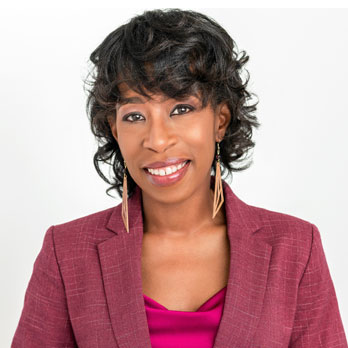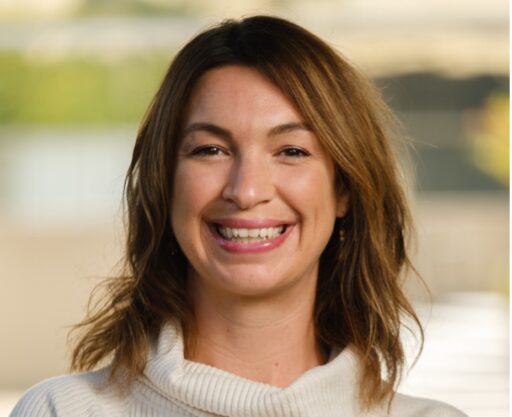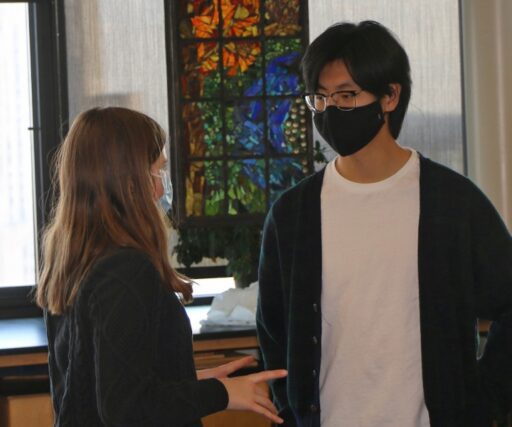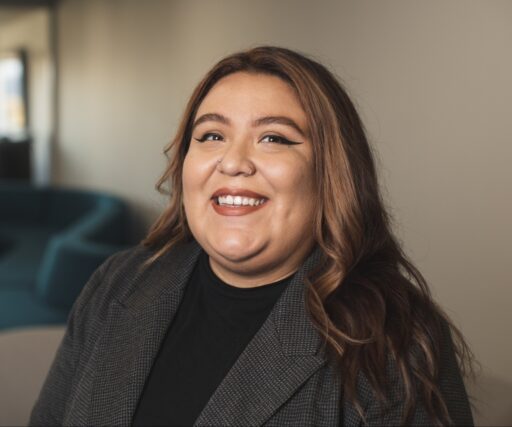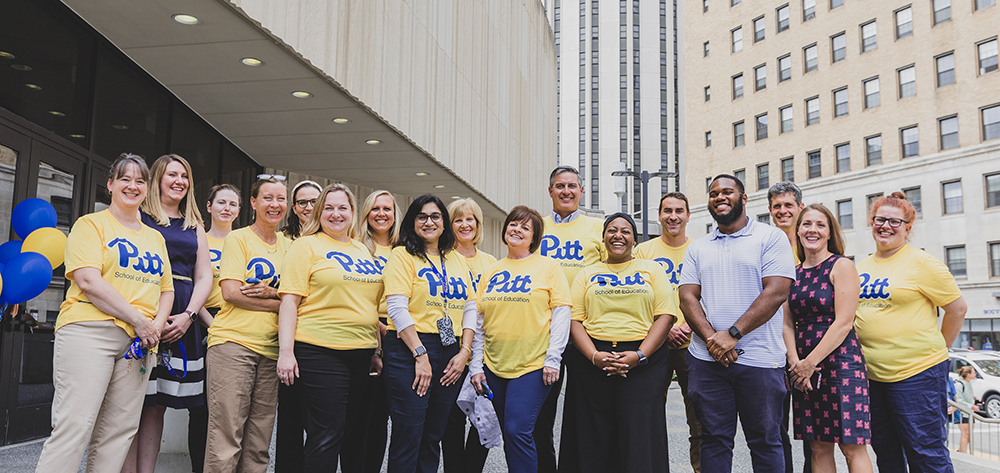
Attend an Info Session
Start your Pitt Education journey. Join us at an upcoming info session to learn more about our top-ranked school.
Explore By Area of Study

Teacher Education and School Leadership
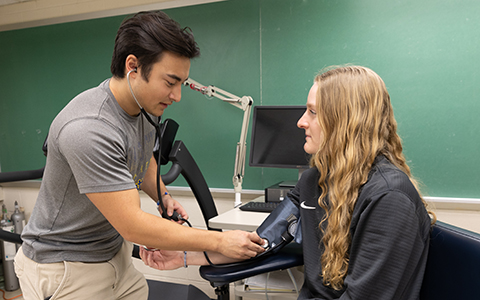
Exercise, Health, and Wellness
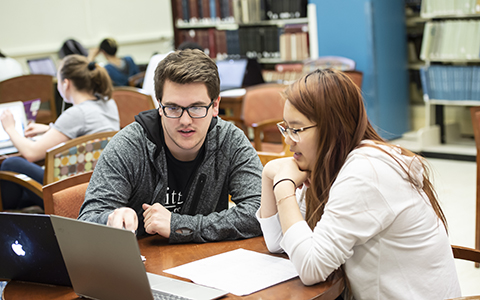
Applied Psychology and Human Development
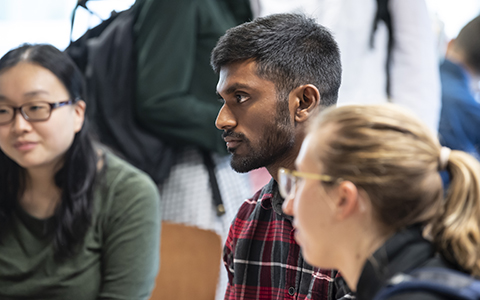
Education Systems and Frameworks
Get Started
Experience Our Inclusive Mission
Based in Pittsburgh. Known Around the World.
#1
Public education school in Pennsylvania and Top 25 nationally
(US News & World Report)
32k+
Global alumni network of educators in 87 countries worldwide
$24m
Faculty research funding annually to solve pressing problems in education
100%
Committed to our student success through personalized support from faculty and staff
The Ones to Watch
Featured News
-
Eboni M. Zamani-Gallaher Appointed Dean of School of Education
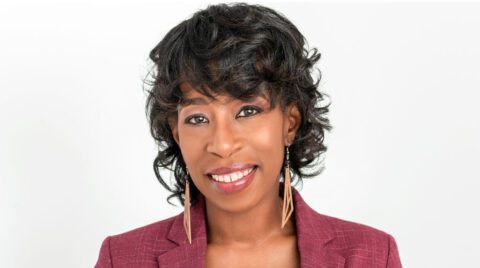
Eboni M. Zamani-Gallaher Appointed Dean of School of Education
May 6, 2024
-
Pitt Education Ranks No. 1 Public School of Education in PA

Pitt Education Ranks No. 1 Public School of Education in PA
April 9, 2024
-
School of Education Sponsors a Living Learning Community for First-year Students

School of Education Sponsors a Living Learning Community for First-year Students
May 10, 2024
-
IISE Team Honored by State Department for Language Learning Project

IISE Team Honored by State Department for Language Learning Project
May 7, 2024
Events
-
May 16, 2024: Dissertation Defense - Terrence (Tianzhi) Zhang at Wesley W. Posvar Hall - Learn More

May 16, 2024: Dissertation Defense - Terrence (Tianzhi) Zhang at Wesley W. Posvar Hall
May 16, 2024
-
May 17, 2024: 2024 Transfer Pathways Summit at Alumni Hall - Learn More

May 17, 2024: 2024 Transfer Pathways Summit at Alumni Hall
May 17, 2024
Pitt School of Education on Instagram




